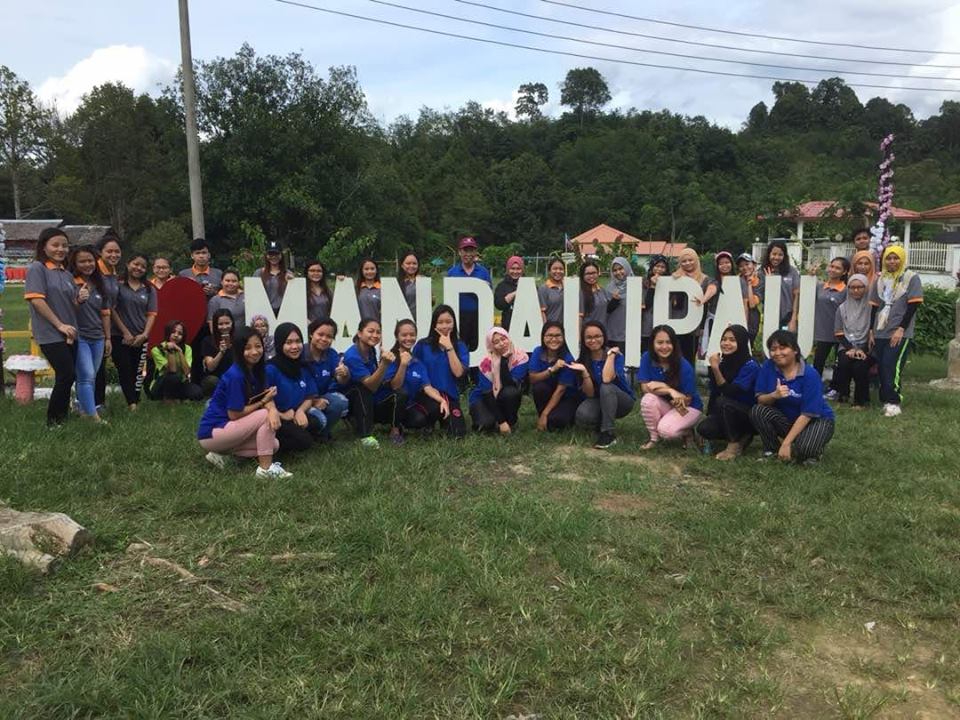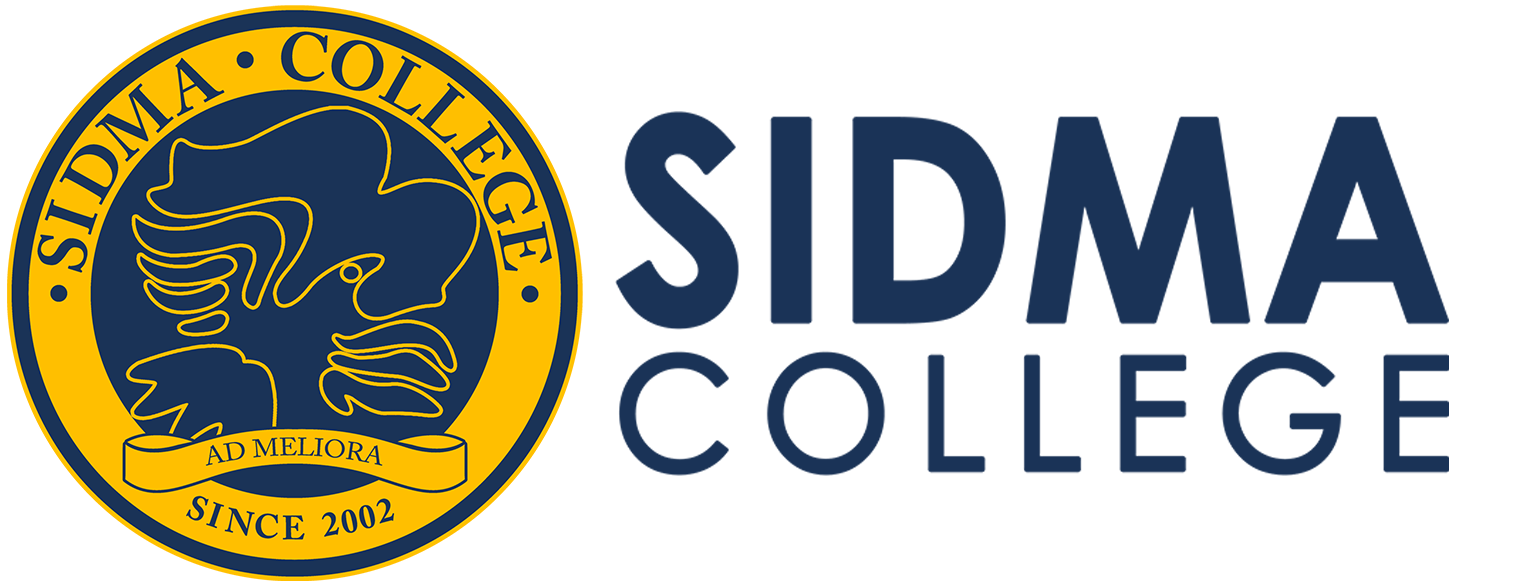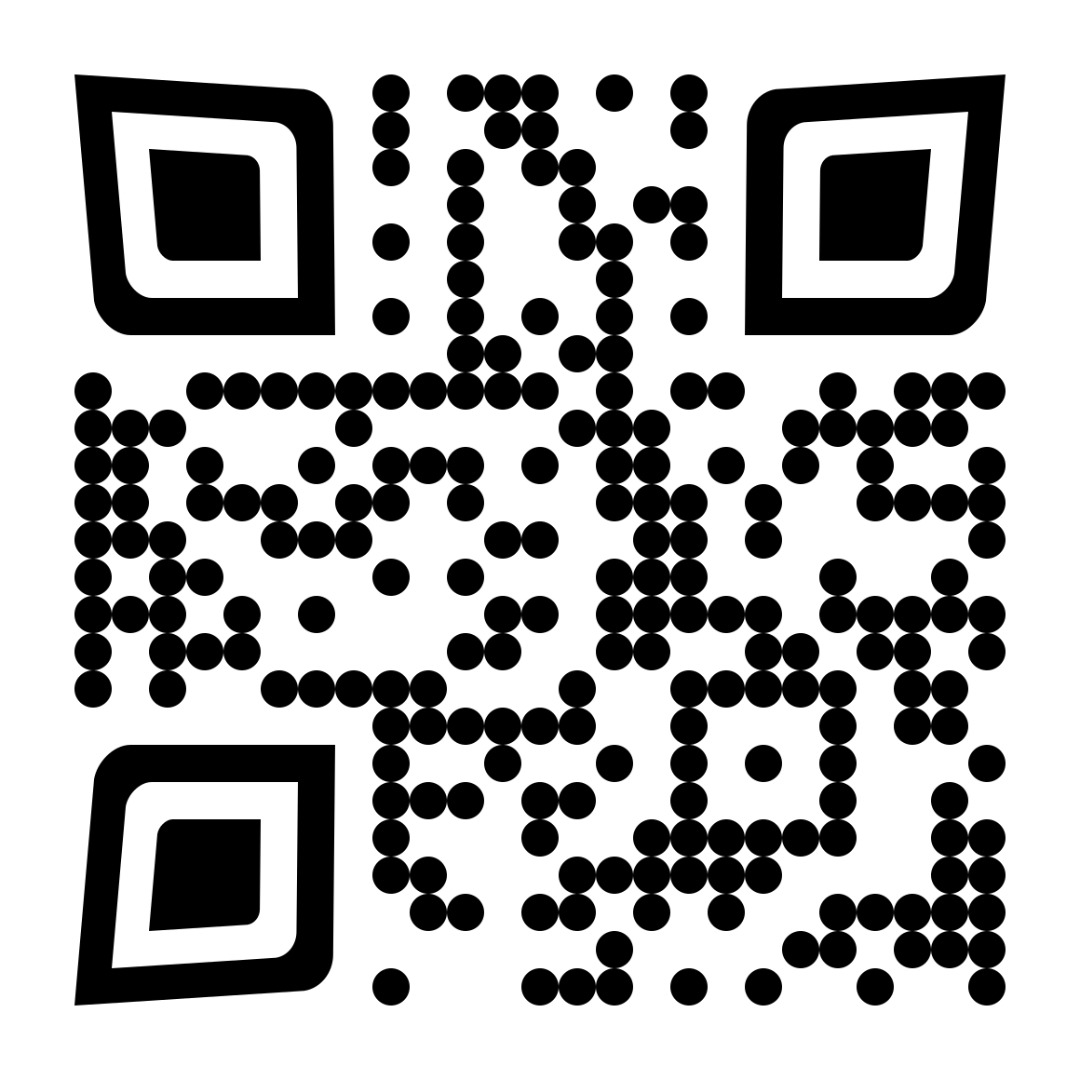 SIDMA College UNITAR Sabah students taking Teacher Professional Development (ESEB3051) conducted a one-day camp at Mandalipau White Water View and Fishpond, Papar as an initiative to equip participants; who are also future Early Childhood educators with the much needed 21st century skills such as collaborative, critical, creative thinking, communicative as well as instilling values in them.
SIDMA College UNITAR Sabah students taking Teacher Professional Development (ESEB3051) conducted a one-day camp at Mandalipau White Water View and Fishpond, Papar as an initiative to equip participants; who are also future Early Childhood educators with the much needed 21st century skills such as collaborative, critical, creative thinking, communicative as well as instilling values in them.
The group of 40 students left the college as early as 6.15 am on 16 November 2018 with the main focus of self and group enhancement via participation in ground and water activities such orienteering, tracking, safety in water, floating techniques as well as basic swimming. Mandalipau White Water View, Papar was chosen by the team through their group decision made during a series of meetings held earlier.
According to its Project Director, Ms Patsy Gomboh Edmund, the project aimed at providing opportunities for her colleagues to learn at diverse places, times and self-pace; to break free from the traditional “chalk and talk” method of classroom teaching.
This is very much in-line with SIDMA College UNITAR Sabah commitment on producing quality graduates who will be successful educators by responding to the needs of “Industry 4.0” or the fourth industrial revolution that we are experiencing now – where man and machine align to seek new possibilities. Thus our students not only need to be proficient in ICT, but they also need to focus on collaborative, critical and creative thinking and communicative skills as well as instilling values in them; all of which are very much needed in for their lifelong learning in order for them to be successful citizens in the era of globalization.
This is the new vision for SIDMA College UNITAR Sabah teaching strategies, whereby the lecturers, acting as facilitators, let their students know why they need the new information such as knowledge, skills or attitude; as well as identifying with them about where to look for the knowledge, etc. Under the traditional method of teaching, all these will cramped in their heads through series of lectures.
Then through individual choice or group consensus decision, they take the next step – that is where and how to learn, and keeping track of their performance either through hands-on or through data-based customisation. Thus it is building the concept of letting the students learning together or from each other; whereby lecturers act as facilitators of communities built around shared learning and aspiration.
Thus when SIDMA College UNITAR Sabah students, particularly those from the Faculty of Education and Humanities are exposed to more opportunities to learn at different times in different places using e-learning tools (UNIEC); it facilitates the opportunities for remote, self-paced learning. Thus the classroom will be flipped, which means that the theoretical part will be learned in the classroom, or face to face interactively; whereas the practical part shall be learned outside the classroom.
With the right procedures and proper systematic tasks are in place, students can be assured on the quality of their training and studies; and employers can have confidence in receiving thee qualified graduates. This is also very much in-line with the Minister of Education decision to abolish examinations in stages from next year (2019) onwards.. As Dr Maszlee Malik correctly put it, the purpose of education is not to evaluate pupils through their achievement in examinations. It is the non-cognitive skills like persistence, self-control, curiosity, conscientiousness, self-confidence and grit which will determine the child’s success at school and in life later on.
By Teo Eng Seng and Zain Azrai.
SIDMA College UNITAR Sabah,
KOTA KINABALU.



